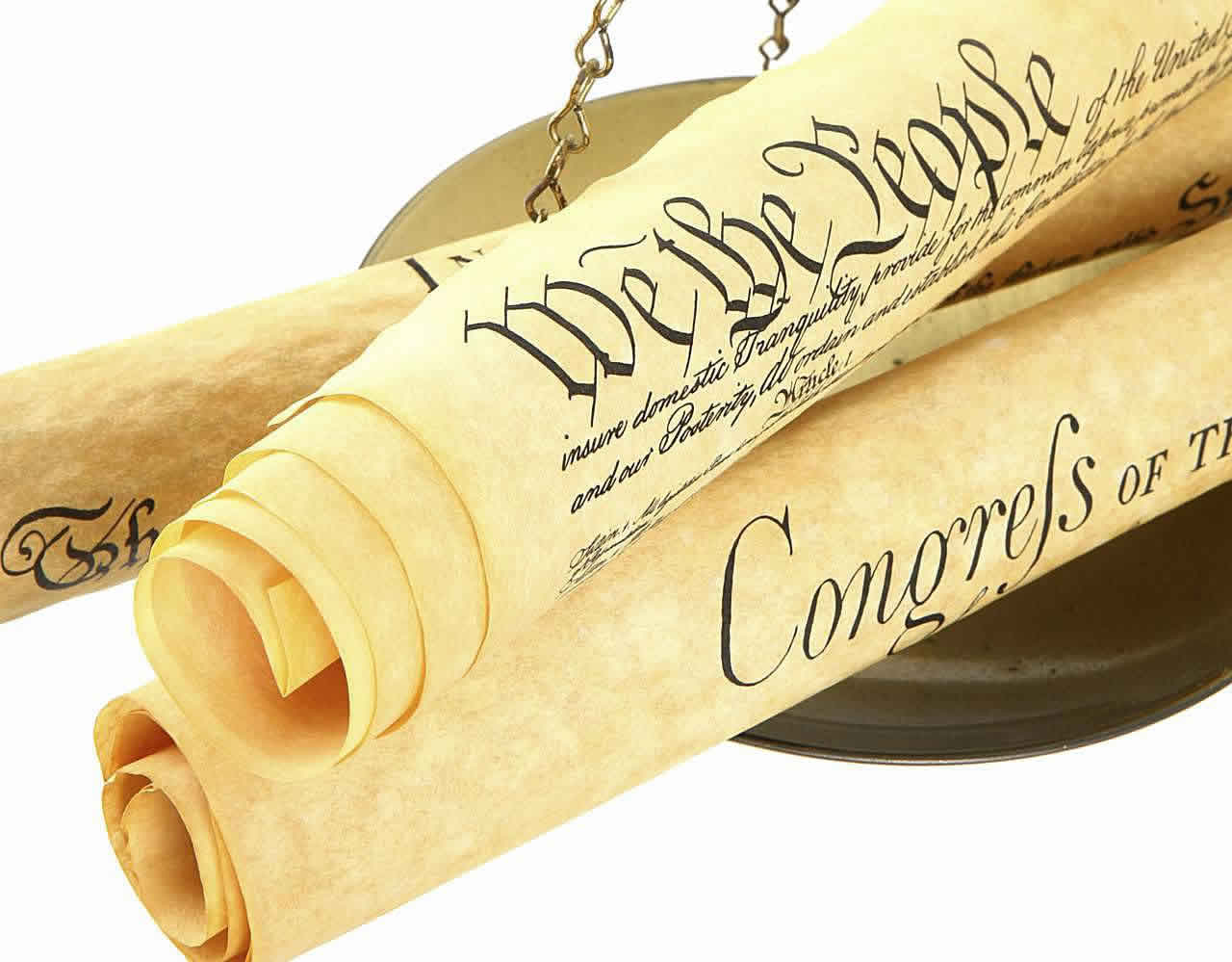In a landmark decision, the United States Supreme Court ruled in favor of Fourth Amendment rights in a case that will have far-reaching implications for law enforcement agencies across the country. The case, Jones v. City of Baltimore, involved a dispute over the warrantless seizure of property by the city’s police department.
At issue in the case was whether the Fourth Amendment’s prohibition against unreasonable searches and seizures applied to personal property that had been seized without a warrant. The plaintiff, Michael Jones, had his car impounded by the Baltimore Police Department in 2016 for a suspected drug offense. The car was held for nearly three weeks, during which time Jones was unable to access it or obtain a hearing to contest the seizure.
In its ruling, the Supreme Court held that the Fourth Amendment’s protections extended to property, and that the police department’s seizure of Jones’ car without a warrant violated his constitutional rights. Writing for the majority, Justice Sonia Sotomayor emphasized the importance of safeguarding Fourth Amendment rights in the face of government overreach.
“The Fourth Amendment’s prohibition against unreasonable searches and seizures is a cornerstone of our constitutional democracy,” Sotomayor wrote. “It is a bulwark against arbitrary government action and an essential safeguard for individual liberty.”
The ruling has been hailed as a victory for civil liberties advocates and a blow to law enforcement agencies that have sought to expand their powers in recent years. Many legal experts predict that the decision will prompt a wave of litigation over warrantless seizures and could lead to changes in police practices across the country.
In a statement, the American Civil Liberties Union praised the Supreme Court’s decision, calling it a “critical victory for Fourth Amendment rights.”
“This ruling sends a powerful message that the government cannot seize property without justification,” said David Rocah, senior staff attorney with the ACLU of Maryland. “We hope that this decision will encourage other courts to take a hard look at the constitutional implications of warrantless seizures and uphold the rights of individuals to be free from arbitrary government action.”
The Supreme Court’s ruling in Jones v. City of Baltimore comes at a time of heightened scrutiny over police practices and the use of force. In recent years, high-profile cases of police brutality and systemic racism have sparked nationwide protests and calls for reform.
Some critics of the ruling argue that it could hamper law enforcement efforts and make it more difficult for police to seize property that is connected to criminal activity. However, supporters of the decision maintain that it strikes a crucial balance between protecting individual rights and allowing for effective law enforcement.
“The Fourth Amendment is not a roadblock to effective policing,” said Brianne Gorod, chief counsel at the Constitutional Accountability Center. “It is a critical safeguard that ensures that police officers are acting within the bounds of the law and respecting the rights of the people they serve.”
As the legal and political fallout from the Supreme Court’s decision continues to unfold, one thing is certain: the ruling marks a significant moment in the ongoing struggle to balance individual liberties with the power of the state.













